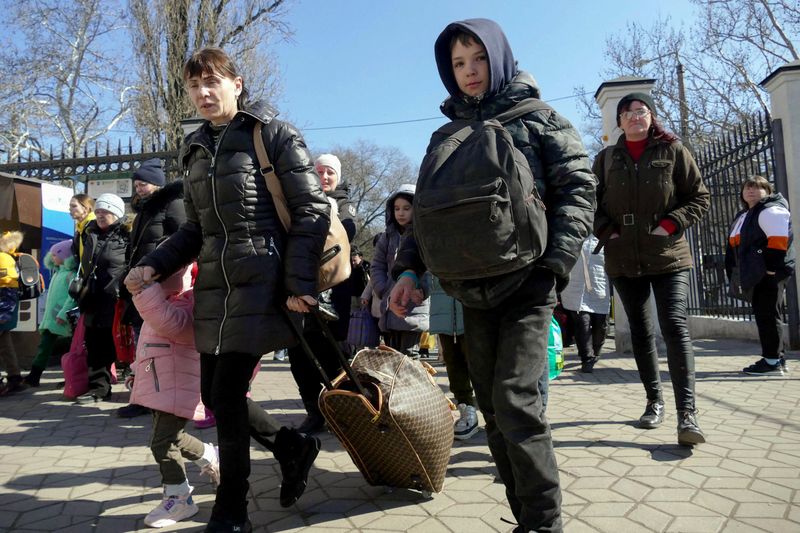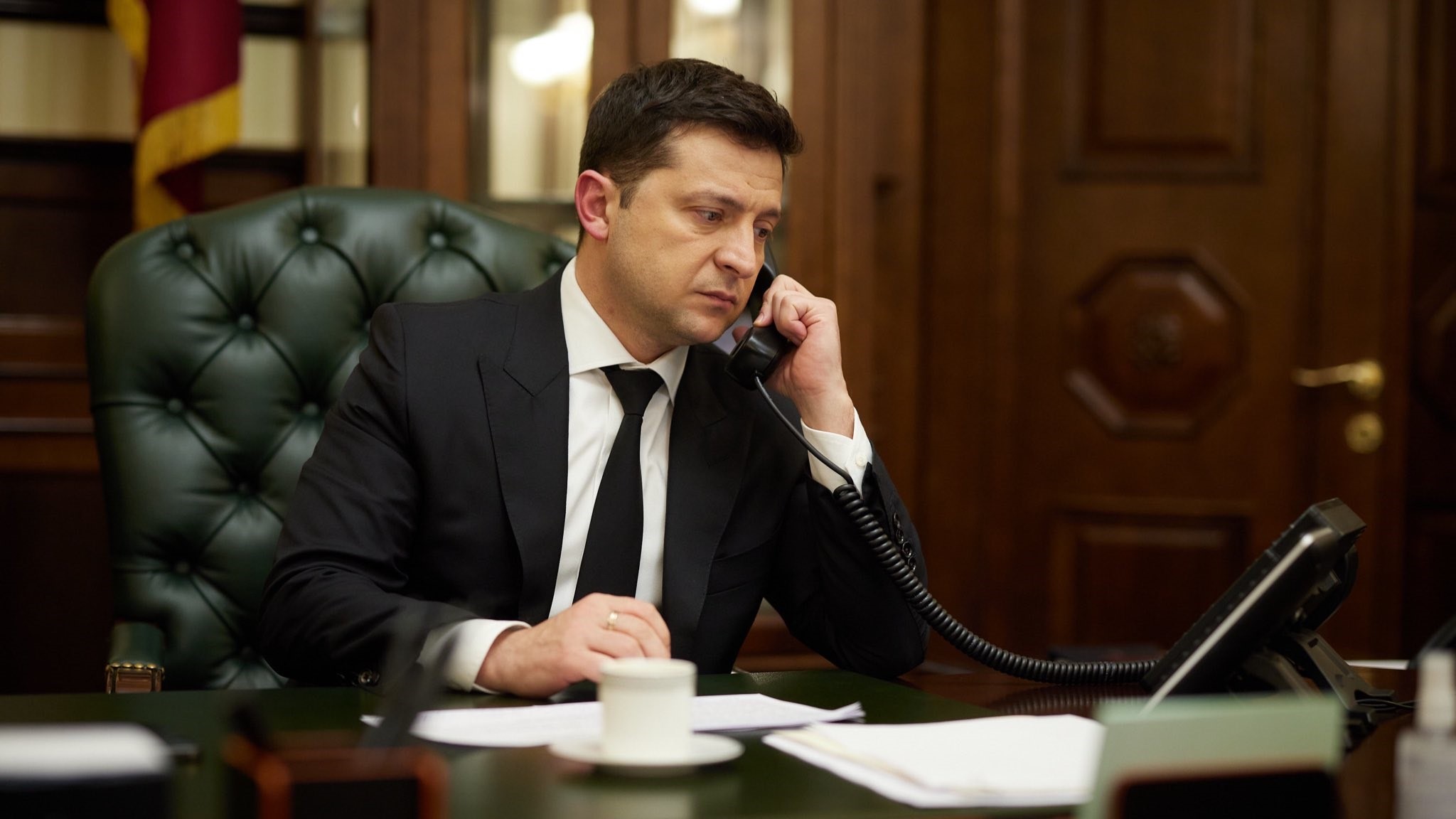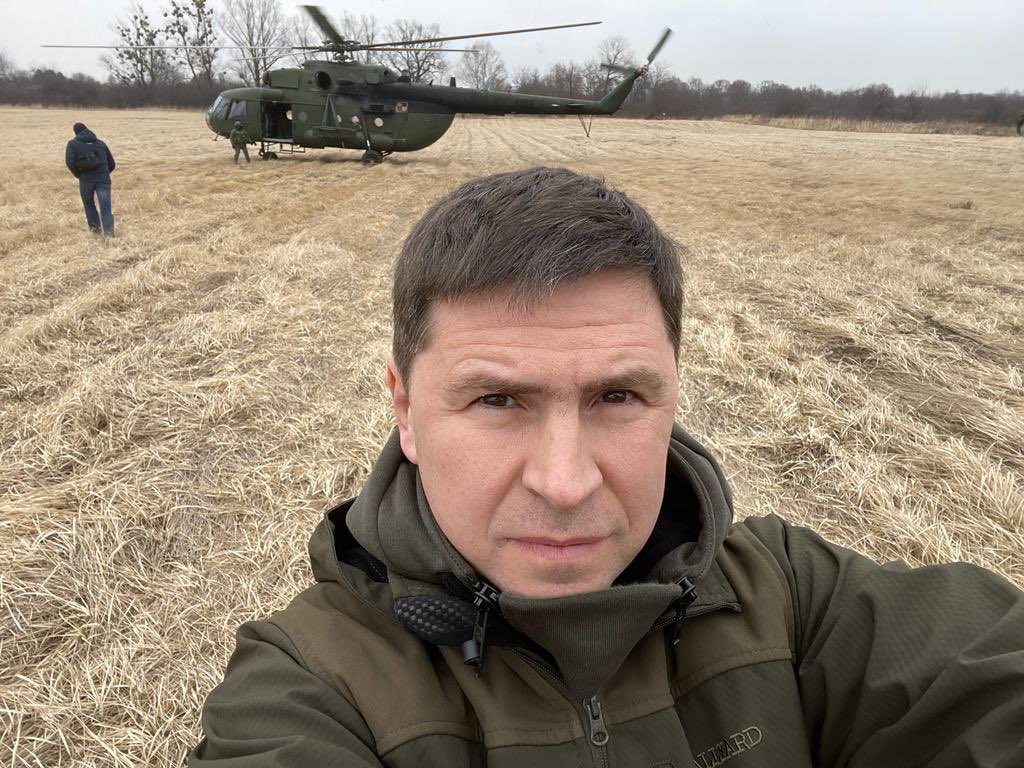
Talks to end Russia's military offensive in Ukraine face “profound contradictions,” although it is still possible to reach a “compromise,” Mykhailo Podolyak, negotiator and adviser to Ukrainian President Volodimir Zelensky, said Tuesday.
“We will continue tomorrow (Wednesday). It is a complicated and extremely laborious negotiation process. There are profound contradictions. But, of course, a compromise is possible,” he said on Twitter.
Podolyak indicated that both delegations are aware of the great differences between them, but stressed that there is also a sense of trying to reach a compromise.
“There is an opportunity to reach a compromise,” insisted Podolyak, who indicated that, although negotiations resume tomorrow, the different subgroups created for specific purposes continue to work.

Meanwhile, President Zelensky reiterated to Canada's parliament on Tuesday his call for a no-fly zone in his country, recalling the grave toll of civilian casualties and invited people to realize the suffering of his people.
“Imagine your cities bombed and besieged,” Zelensky said in a live video intervention.
“They are providing us with military and humanitarian aid, they have put in place severe sanctions but, unfortunately, we see that this does not end the war,” he said, indicating that Russia intends to “annihilate Ukraine”

T he negotiations seek to achieve a ceasefire that would allow the establishment of precise and safe humanitarian corridors and, from there, the more political part relating to the issues that led to the Russian invasion of Ukraine and the war, which began on 24 February last.
Russia fundamentally demands that Ukraine not be a member of NATO; that it recognize the annexation of Crimea (carried out in 2014) and that it accept the independence of the “people's republics” of Donetsk and Lugansk, located in eastern Ukraine's Donbas region.
Likewise, Moscow demands Ukraine's neutrality and the withdrawal from the country of weapons that it considers offensive and eventually dangerous to its security.

The fourth round of talks began on Monday telematically, but a “technical recess” was necessary to facilitate “additional work” of subworking groups and the specification of certain definitions, according to Podoliak, who did not provide further details.
The talks began on 28 February, a few days after the start of the offensive, but there has been no substantial progress in any of the sessions. On Sunday, it transpired that the negotiating teams have begun to perceive certain points of contact in the talks for a ceasefire and the suspension of the Russian invasion in Ukraine, although there is still a long way to come to concrete positions.
Podoliak had earlier said that during the round of talks the “immediate withdrawal” of Russian troops from the country and “security guarantees” would be addressed.
Beyond the demands that transcended on the Russian side, so far neither negotiating team had wanted to make public demands.
With information from AFP, EFE, EuropaPress
Keep reading:
Últimas Noticias
Debanhi Escobar: they secured the motel where she was found lifeless in a cistern
Members of the Specialized Prosecutor's Office in Nuevo León secured the Nueva Castilla Motel as part of the investigations into the case

The oldest person in the world died at the age of 119
Kane Tanaka lived in Japan. She was born six months earlier than George Orwell, the same year that the Wright brothers first flew, and Marie Curie became the first woman to win a Nobel Prize

Macabre find in CDMX: they left a body bagged and tied in a taxi
The body was left in the back seats of the car. It was covered with black bags and tied with industrial tape
The eagles of America will face Manchester City in a duel of legends. Here are the details
The top Mexican football champion will play a match with Pep Guardiola's squad in the Lone Star Cup

Why is it good to bring dogs out to know the world when they are puppies
A so-called protection against the spread of diseases threatens the integral development of dogs




